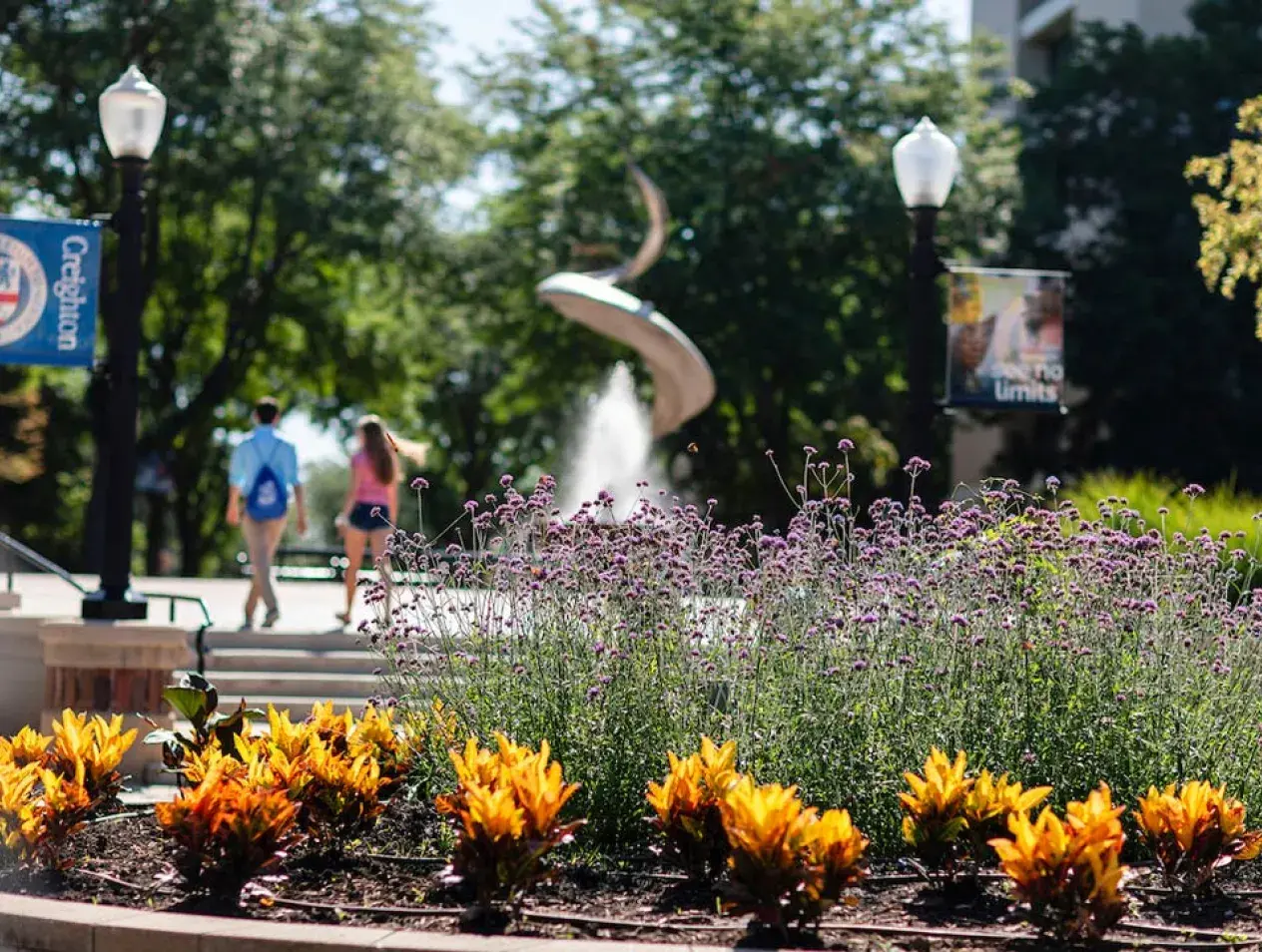
Faculty Research Interests
Faculty Research Interests
Thomas Lee Budesheim, Ph.D.
My research focuses on understanding the impressions people form of others in a wide variety of contexts (e.g., criminal defendants, political candidates, college roommates). I study the social and cognitive processes underlying judgments of others, as well as the type of information people choose to base their judgments.
Amy Badura Brack, Ph.D.
Dr. Badura Brack is developing and testing computerized attention training for Posttraumatic Stress Disorder (PTSD). She is currently working to make this treatment available to therapists and their clients. Dr. Badura Brack is also collaborating in neuroscience research that combines MEG, fMRI, and genetic data with behavioral and psychological testing. Her main interest in these projects focuses on determining how the brain develops in the face of traumatic experience and behavioral and emotional disturbance.
Jill Brown, Ph.D.
I study child fosterage in Africa, specifically looking at the impact of socially distributed childcare on HIV/AIDS orphans. I am interested in these practices among African immigrants. I also study parental ethno-theories, or what mother's hope for their children, cross culturally.
Alicia (Klanecky) Earl, Ph.D.
My research interests include addictions and vulnerabilities to addiction, with a more narrow focus on vulnerability to substance use following trauma and problematic alcohol use in college students.
Joshua Fairchild, BS, MS, Ph.D.
My research deals with factors that influence creativity and innovation in the workplace. Specifically, I am interested in examining the factors that drive individuals to be creative, how teams of employees work together to develop creative solutions, and how leadership can impact innovative outcomes for organizations. My secondary interests include decision making in organizations and the role of technology in the workplace.
Laura L. Finken, Ph.D.
I am continuing three research projects: (1) adolescents decisions about risk taking, (2) adolescents' decisions about unintended pregnancy, and (3) factors related to sexual orientation prejudice. Students can participate in all aspects of research (e.g., data collection, presentations) but must demonstrate responsibility in handling the sensitive issues inherent in this type of research.
Corey Guenther, Ph.D.
My primary research examines the interplay between motivational, cognitive, and socio-cultural factors during identity formation and self-concept maintenance. A second area of interest examines how individuals' motivations and naïve theories about the social world influence their judgments, predictions, and performance in competitive domains.
Matthew T. Huss, Ph.D.
My research interests lie in law and psychology and forensic-clinical psychology. My primary interests focus on the prediction of violence, domestic violence, and sexual offending. We also conduct research with local agencies to assess the effectiveness of their programs for treating criminal offenders.
Maya Khanna, Ph.D.
Her research focuses on cognitive processes such as reading, memory, spelling and attention in adults and children. In addition, she investigates ways to improve teaching by applying methods and theories from cognitive psychology to student learning.
Gary K. Leak, Ph.D.
My primary area of research is the connection between personal religiousness, such as faith development and religious ethnocentrism, and prejudice.
Vanessa Minervini, Ph.D.
Substance abuse is a significant public health concern. My research uses complementary procedures to investigate the behavioral effects of drugs in nonhuman animals to better understand the therapeutic and adverse effects of drugs and to inform substance abuse treatments in humans. Drugs are often taken together, whether they are used medicinally or recreationally; therefore, the focus of my research is on drug interactions and identifying drug mixtures that can reduce adverse effects such as substance abuse.
Students in my laboratory will gain hands-on experience with various techniques used in behavioral pharmacology by participating in all aspects of the research, including experimental design, data collection and analysis, and preparation of research reports and oral presentations.
Dustin Stairs, Ph.D.
My research interests involve the use of animal models to study the biological bases of drug abuse. Research in my laboratory focuses on the reinforcing properties and subjective effects of stimulant drugs. Interested students help in the daily handling and care of the animals. Students also obtain hands on experience with numerous behavioral pharmacology techniques.


